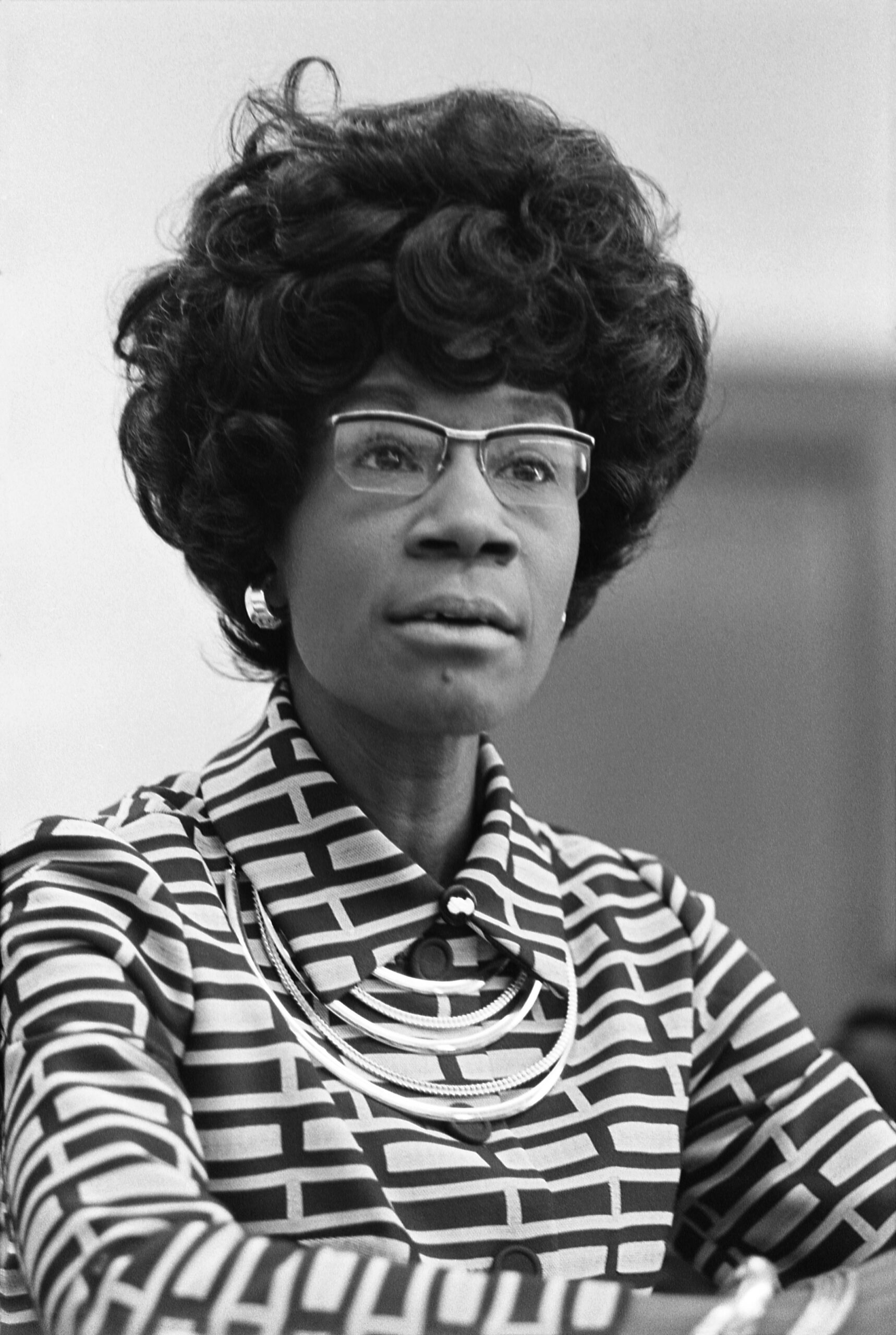The 2020 President campaign continues simultaneously with the impeachment trial of President Donald Trump. For Democrats the once-crowded field of contenders is down to less than 10, and both Black candidates, Senators Cory Booker and Kamala Harris, have suspended their campaigns.
When Harris launched her White House bid a year ago, she paid tribute to the first black woman ever to run for president, New York Representative Shirley Chisholm. Chisholm was also the first black woman elected to the United States Congress, representing New York’s 12th Congressional District for seven terms from 1969 until 1983. And, she was a founding member of the Congressional Black Caucus.
Chisholm launched her presidential campaign in 1972, becoming the first black to run for a major party nomination.
“I am not the candidate of black America, although I am black and proud,” Chisholm said when she announced her candidacy. “I am not the candidate of the women’s movement of this country, although I am a woman and equally proud of that. I am the candidate of the people and my presence before you symbolizes a new era in American political history.”
She was also the first woman to take the podium during a Presidential debate and later cited her gender as the hurdle that posed the greatest obstacle during her campaign.
“When I ran for the Congress, when I ran for president, I met more discrimination as a woman than for being black. Men are men,” she stated.
The Brooklyn native began her campaign with only $300,000. She received three confirmed threats against her life, and her husband, Conrad, served as her bodyguard until she received U.S. Secret Service protection in May 1972 which occurred the same month her Democratic rival, George Wallace, was shot and paralyzed from the waist down during an assassination attempt. Chisholm visited Wallace during his hospitalization and was criticized by many black Americans for her empathy because the Alabama Governor had a history of supporting pro-segregation policies. Senator George McGovern became the Democratic nominee in 1972.
2020 Presidential Candidates Push to Honor Chisholm
In 2018 Senators Harris and Booker along with their colleague, Senator Kristen Gillibrand who also ran for president, introduced legislation urging Congress to commission a statue honoring Chisholm that would be displayed in the U.S. Capitol. Harris reintroduced the bill in 2019. Companion legislation was introduced in the House by New York Representative, Yvette Clarke.
“For the first time in history, there are more than 20 Black women serving in the United States Congress – and we all stand on the shoulders of Shirley Chisholm,” said Senator Harris. “Shirley’s legacy inspires us to continue our fight to give a voice to the voiceless and pursue justice and equality for every American. Her legacy deserves to stand tall in the United States Capitol.”
To date, there is not a statue of Shirley Chisholm in the U.S. Capitol, but New Yorkers will have a statue to admire of the trailblazing politician as part of the She Built NYC Initiative. The monument is expected to be installed by the end of 2020.


 Black History5 years ago
Black History5 years ago
 Black History6 years ago
Black History6 years ago
 Black History4 years ago
Black History4 years ago
 Black History5 years ago
Black History5 years ago
 Black History5 years ago
Black History5 years ago
 Black History6 years ago
Black History6 years ago
 Black History9 years ago
Black History9 years ago
 Black History5 years ago
Black History5 years ago


















